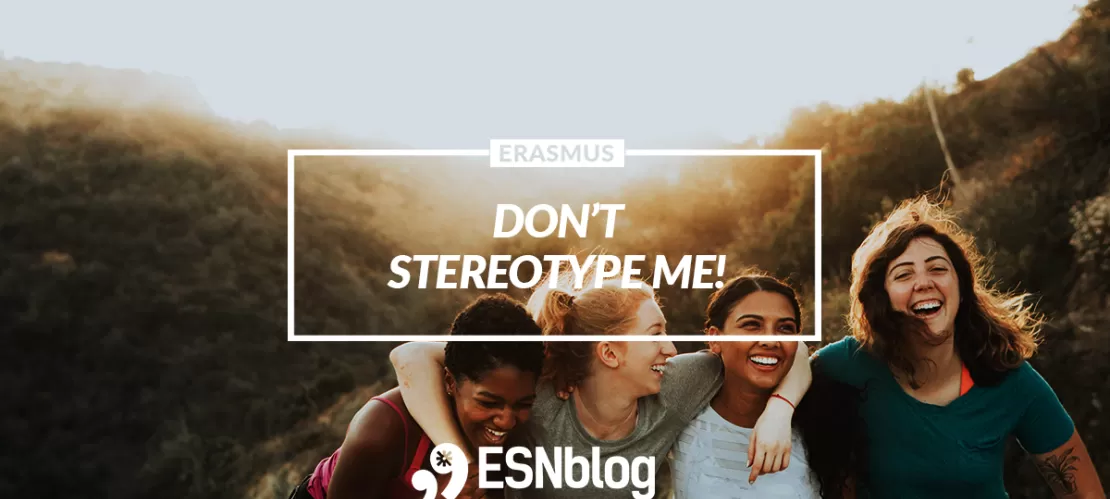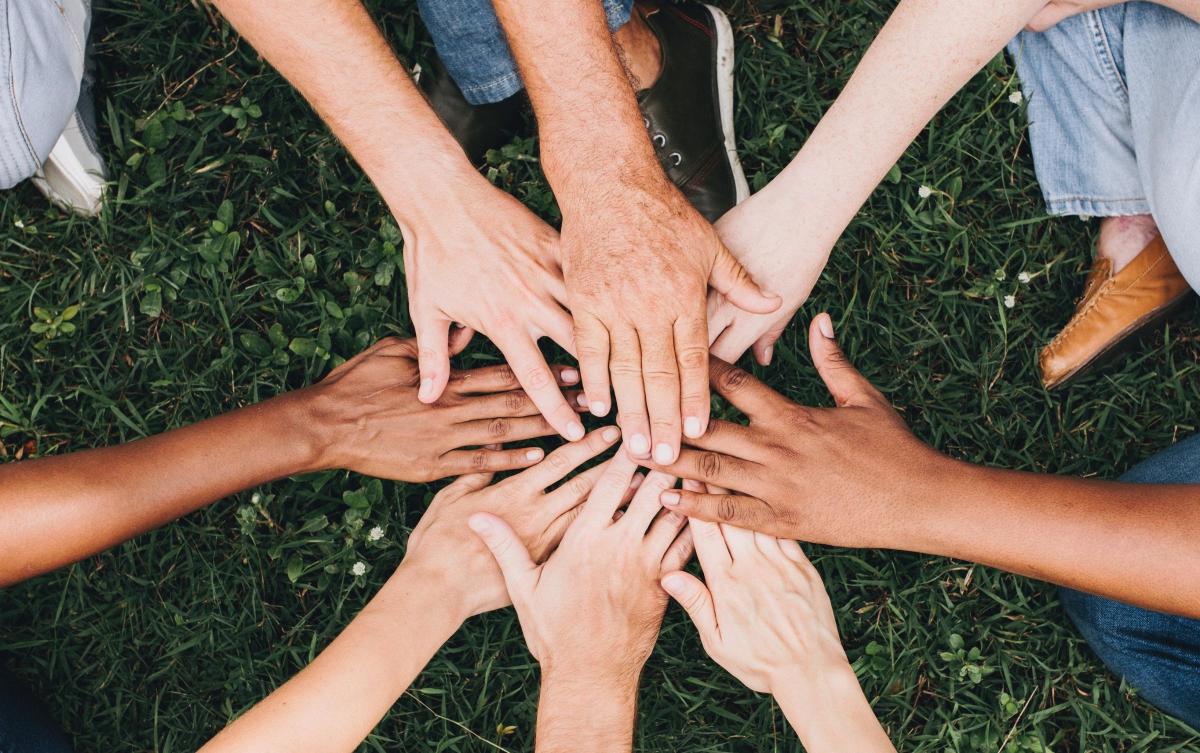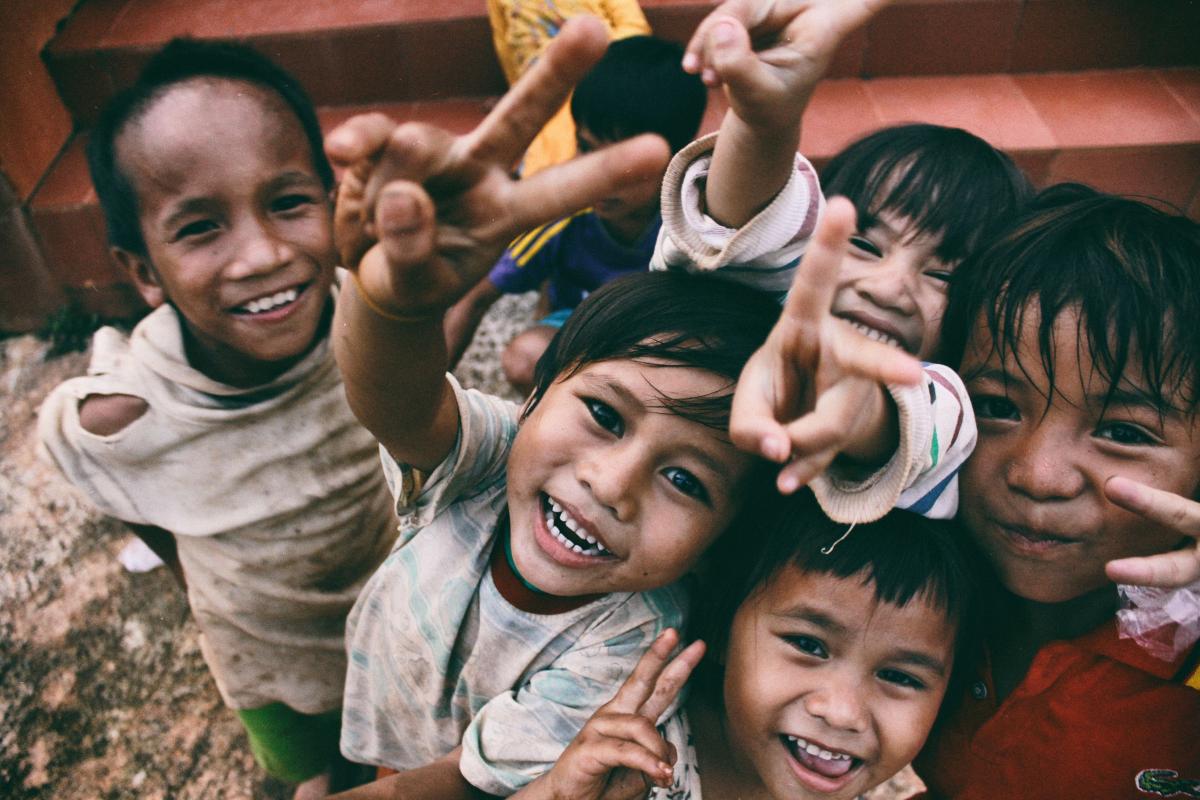
Being a Greek student in a Greek school, I listened to the teachers praising our own nation and insulting our close neighbours, the Turks. In their stories, Turkish people were always the enemy. They were bad, shameless and scary. As a kid, I had this image in my mind where they were killing my great-grandfather and then laughing maliciously over his dead body. Imagine my surprise when, last summer, I actually went on an Erasmus+ exchange in Turkey. People there were all so hospitable, friendly and funny. I had so much fun with them. In fact, I was sleeping in a room next to ten Turks and - unbelievable fact coming - I am still alive! Now how rare is that! I managed to get rid of my stereotypes and make a new image of these people. This time, in my mind, we were all together, as a team.

My point is that we grow up having so many cultural stereotypes about people. And it is so intense that we think we know someone only by knowing where they come from. Is he Swedish? Then he must be distant. Is she Italian? Then she must be open and social. Are they Chinese? Then I bet they are shy and keep to themselves. And I am asking you: how on earth did we end up labelling whole nations? What happened to the personality of each individual?

The truth is that stereotypes have a functionality. They help us categorise all these complex stimuli and organise them into boxes so that we know what to expect. Convenient, isn’t it? We suppose that we know people because, otherwise, our brain would have to make twice the effort to really get to know a new person. And one day we meet a German that neither likes beer and sausages nor is she rich, and we think: “Oh my! How weird is this Petra. She does not fit in my well-shaped box. What will I do with her?”. This is where the stereotype has to die, in the place where the true communication starts. If it insists on staying, we will never meet Petra. We will be blindfolded. We will see what is not there and we will not see what there is.

I do not deny that there can be a piece of truth in the cultural stereotypes. After all, they are made from observations. So, is it true that we can be characterised in a specific way because of our culture? Does culture make us so different? As Hofstede and Hofstede state in their book “Cultures and Organizations” (2005), we can see the human being as a pyramid. On the basis, we find our common nature, the human brain. This is what makes our needs, emotions and thoughts so similar. Then we find culture, our programming, the lenses through which we see the world and make sense of it. This is what sometimes unites us and sometimes differentiates us. Lastly, at the top of the pyramid, lies the personality, that makes each one of us special and unique.
As you can see, our culture is just one of the things that makes us who we are. It is, indeed, important but it is not everything. It would be a poor generalisation, and also naively simple, to consider someone something only because of their cultural background. We would miss a lot of information. However, to fully understand this, we need to meet people from all over the world, to see them with our own eyes and challenge our stereotypical beliefs. Therefore, intercultural communication can be a solution to the problem of stereotypes.
After all, a stereotype is something fixed, that does not change. And we humans are creatures that never stop evolving!

